Graduates of our Project SEARCH Collaborates for Autism (PSCA) high school, transition-to-employment training program gathered at the NewYork-Presbyterian Center for Autism and the Developing Brain for a lively reunion last month with classmates, teachers and job coaches. Parents and employers also attended, underscoring the warmth and community cohesion that very much reflects NEXT for AUTISM’s values.
Upon graduating from PSCA, almost three quarters of graduates have gained employment. Of those, 89 percent have retained jobs in a variety of work places including a law firm, biotech company, court house, grocery store, and restaurant, to name a few.
In small groups at the reunion and over lots of ice cream and social activities, the graduates shared their experiences trying out the skills that they learned at PSCA. With remarkable self-awareness, they discussed their adjustment from the controlled setting of the program to the real-world demands of the workplace, where the pace is quicker and interactions, more taxing. They reported having to slow down, ask for breaks, and try to converse deliberately with colleagues. They also celebrated successes like making new friends and managing their schedules. Two graduates even reported receiving their driver’s licenses.
While the graduates reconnected, parents gathered for presentations, organized by NEXT for AUTISM. Head teacher Nancy Fraher emphasized the importance of establishing schedules and routines at home and work. She encouraged parents and employers to help translate general work directives that the graduates receive into concrete, visual steps; to actively coach graduates on social interactions, problem solving, and self-advocacy.
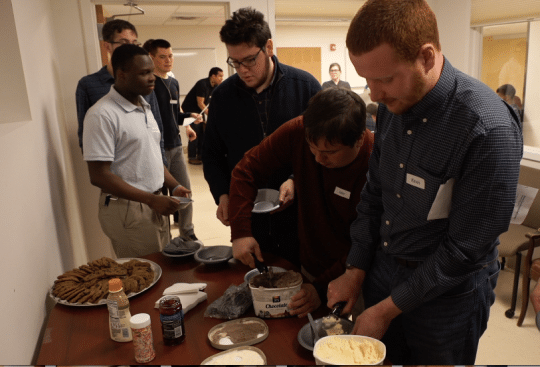
PSCA program partner and Associate Executive Director of Arc of Westchester Tibi Guzman, informed parents of the benefits and resources available to graduates. Dedicated members of PSCA’s Business Advisory Council, Joe DiCarlo of WESTMED and Jennifer Papas of Mavis Tire joined in, flagging potential ways to help the graduates improve tasks, meet expectations, or clarify instructions, as well as address anxiety and sensory challenges. They discussed how to train workers to accept corrective instruction, take responsibility for their actions, and foster a positive and respectful attitude at work. The overall message of the evening was that young workers with autism can, indeed, achieve independence with appropriate and consistent supports.

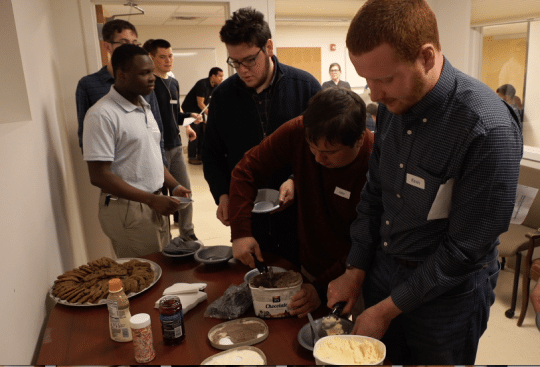
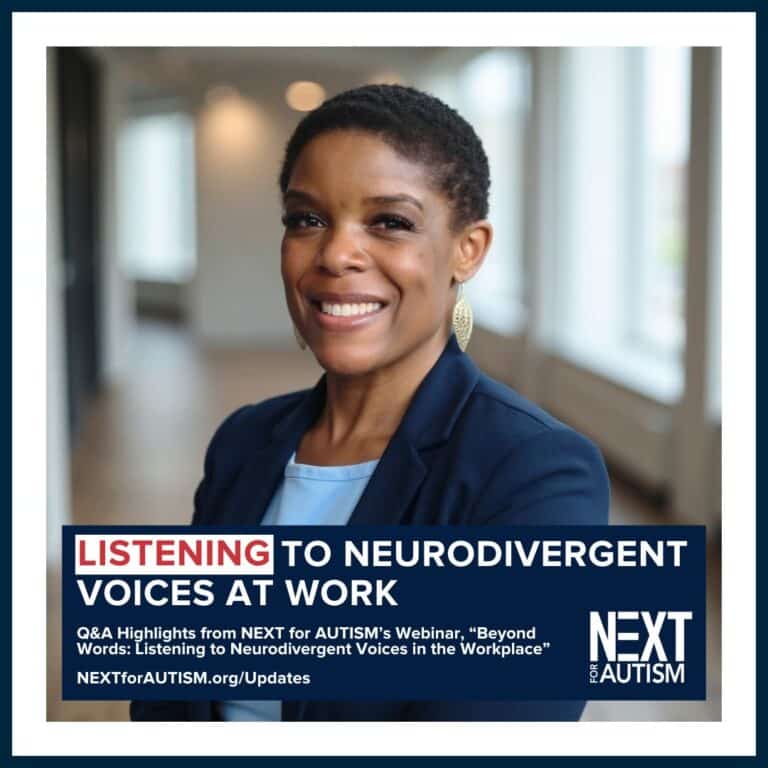
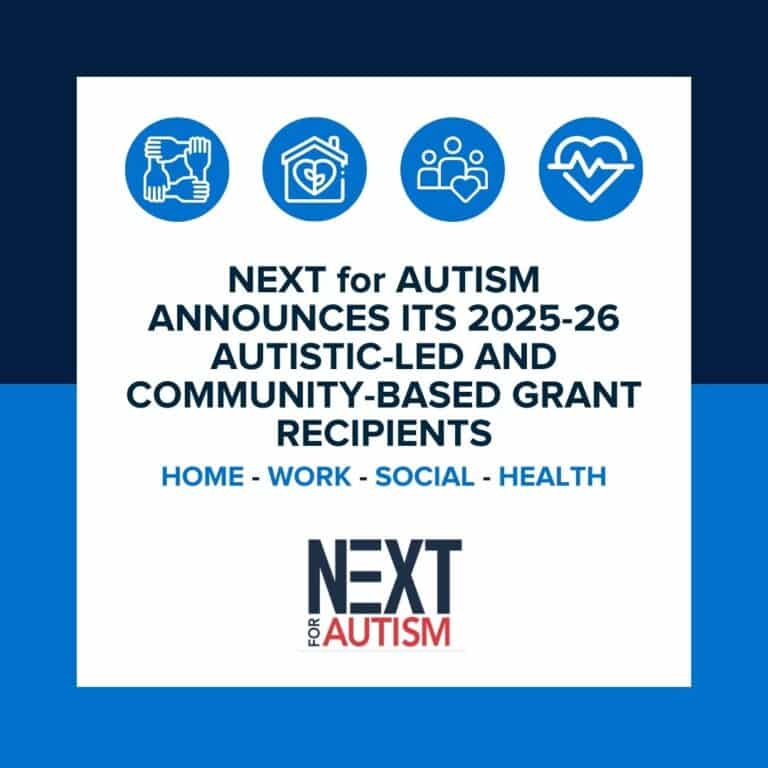
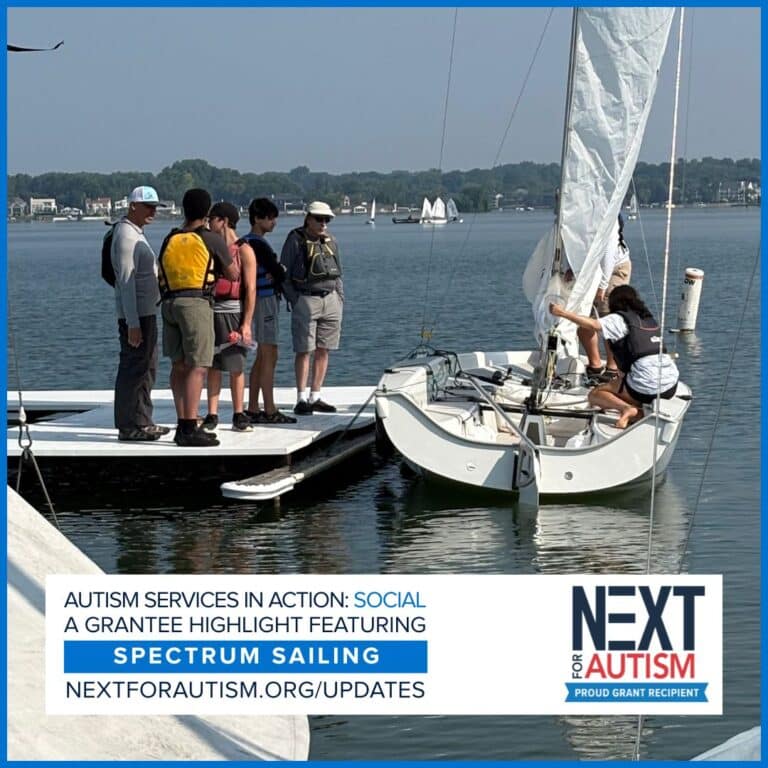



Leave a Reply